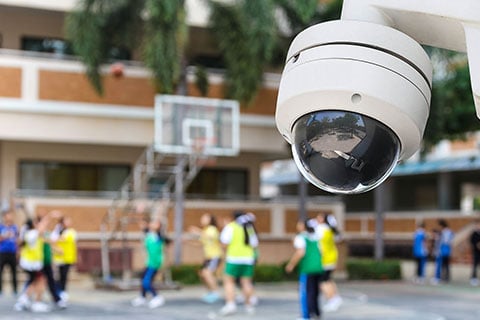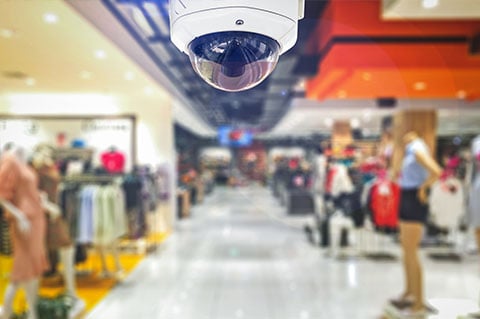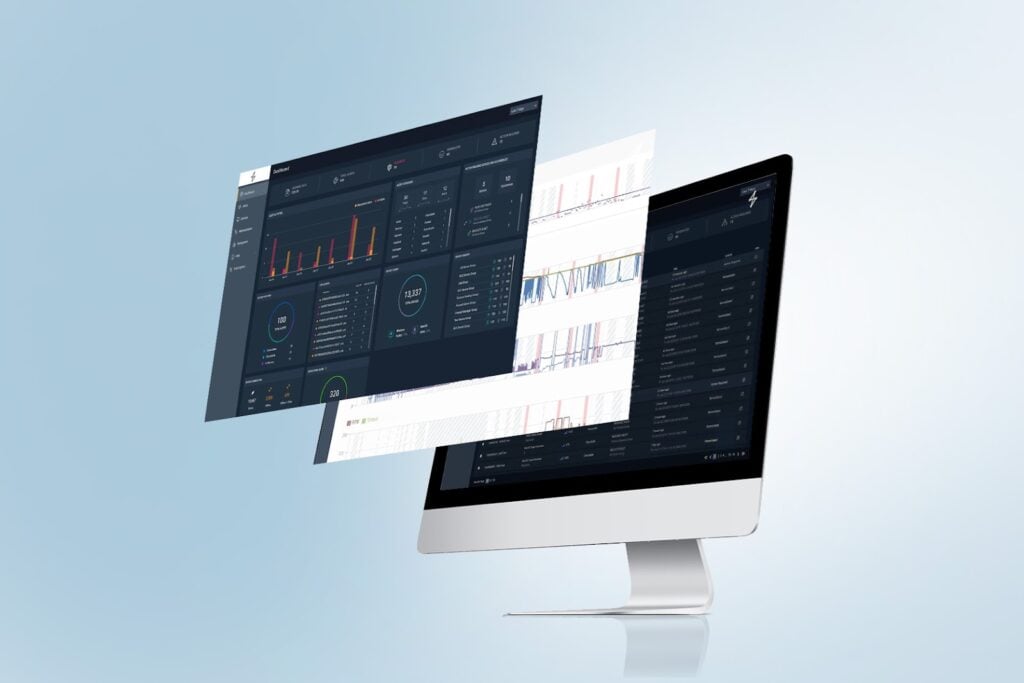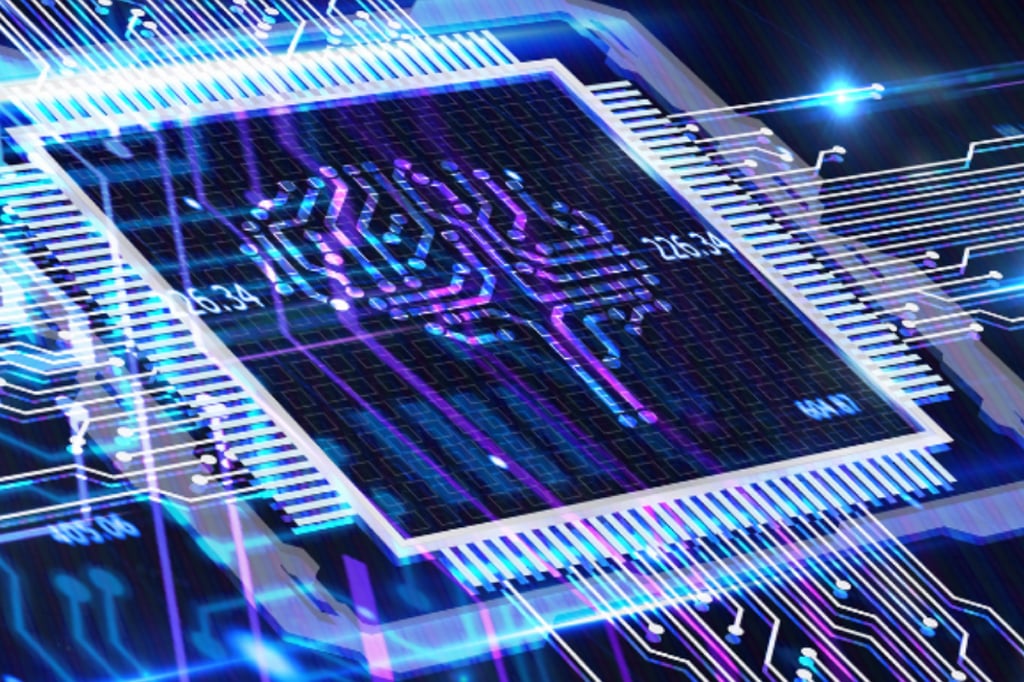“Artificial intelligence? So you’re creating Big Brother?”
The question was a joke. A sarcastic response to the explanation of my new job as a software engineer at SparkCognition. But even as a joke, the sentiment accurately represents the misconceptions and wariness many people have when they hear the term “artificial intelligence”.
From jokes about the implications of working with AI, to friends who are just outright confused by what it means, it’s clear that AI is an unclear topic.
In fact, ever since I entered the tech industry, my parents, who are both in their late 60s, have expressed confusion and concern. They’ve asked what AI means, if their information is safe, if they are safe. And they were being sincere.
In a world where artificial intelligence is no longer just a possibility, but an actual reality, such concern is not necessarily without merit. For many, like my parents who spent their formative years (and many decades after) without computers or the internet, it comes as no surprise that they do not trust something that seems so foreign. For others, their vision of AI has largely been shaped by the negative portrayal prevalent in Hollywood and science fiction novels. In fact, in 2015 at SXSW, Michael Solana of Founders Fund gave a talk on this specific topic, where he pointed out the relative scarcity of positive depictions of technology, including AI, and its impact on the future.
Unfortunately, many of us in this industry probably have not helped clear up many of the fears and misconceptions surrounding AI. With a background in writing and editing, I like to pride myself on being reasonably good at communicating. However, I cannot count the number of times that I have seen eyes glaze over after launching into an excited (and what I thought was understandable) description of my work at SparkCognition.
If those of us who work in this industry cannot even explain to others what AI means and the benefits it can provide for everyone, how can we expect others to fully understand and embrace it?
So what is AI? It’s base definition, according to Merriam Webster, is “the power of a machine to copy intelligent human behavior”. That definition really doesn’t tell us much. In fact, the breadth of AI that this definition gives is one of the major reasons why many people have misconceptions about and fear of AI.
Perhaps the most damaging of the misconceptions surrounding AI is the indelible negative connotation the word “machine” carries. For many, it conjures up a negative image of robots, ala the Terminator, the robots from “I, Robot”, cylons from Battlestar Galactica, and many others. The humanoid appearance and capabilities, which are generally portrayed as much greater than that of a regular human, often engender a fear that AI poses an actual danger, both physically and in other manners, to humans.
According to a survey conducted by Chapman University, in which the school sought insight into Americans’ fears, technology ranked as the second highest domain of fear, with an average fear level of 2.07 out of 4. Breaking the numbers down even further, 22% of those surveyed feared artificial intelligence in general, while 25.8% were afraid of “trusting AI to do work.”
While very few people argue that safety and ethical issues should not be considered when it comes to AI, the basis of much fear comes from a lack of understanding and knowledge.
We’ve been using machines for over a century and they’ve been an inherent presence in our lives for decades. And for the most part, we are not afraid of these machines, from our phones and computers, to speakers such as the Amazon Echo that now have some form of AI built into them.
Understanding that a machine is simply ‘a piece of equipment with moving parts that does work when given some form of power’ is critical to assuaging these fears, not to mention the countless brilliant people who have dedicated themselves to preventing the possible repercussions of technology.
Another potentially harmful misbelief about AI is that it means “sentience”, or that machines will essentially be humans. Fortunately, this is often one of the easier myths surrounding AI to debunk. Though the phrase “copy intelligent human behavior” often implies sentience to many people, what it really means is that a variety of algorithms and the power of machine computing are used to perform human tasks. Rodney Brooks, a pioneer in the field, has agreed with this, stating that confusion about the definition of intelligence is contributing to misunderstanding regarding AI.
Though we have intelligent programs that use incredibly complex and powerful machine learning algorithms, such as those here at SparkCognition or IBM’s Watson, it is important to understand that humans programmed and created those algorithms, generating the steps and logic the computer or machine needs to perform the given tasks. Even something as complex and capable of producing intelligent outcomes as neural networks has to be programmed and trained by a person. A prominent AI figure, Edsger Dijkstra, further cements this sentiment with one of my favorite quotes, “The question of whether machines can think… is about as relevant as the question of whether submarines can swim.”
Another common worry about AI that’s commonly expressed is that it will take over our jobs. In the previously mentioned Chapman University study, 28.9% of people indicated that they felt “afraid or very afraid” that robots would replace the workforce. While automation will inevitably take over some work, it’s important to note two things, one being that advancing technology in general is responsible for this, not artificial intelligence itself. The other, and perhaps more important, concept to keep in mind is that artificial intelligence will open up more doors for us. In fact, J.P. Gownder, an analyst at Forrester, said in 2015, “In reality, automation will spur the growth of many new jobs – including some entirely new job categories.”
So back to the original question, what is AI exactly? Well, it’s much easier to say what it isn’t than what it is. AI encompasses such a vast number of applications, from the minor ones we don’t even notice anymore to those that are much more consequential. From self-driving cars and AI that can interpret voice commands on your phone, to IBM Watson helping health professionals make diagnoses, AI is already proven to provide insights and capabilities that are useful in virtually every field.
Generally, though, I think everyone can agree that AI, while a broad field, is one that will not only enable us to achieve things faster and with greater precision, but will also open up immeasurable opportunities.
















